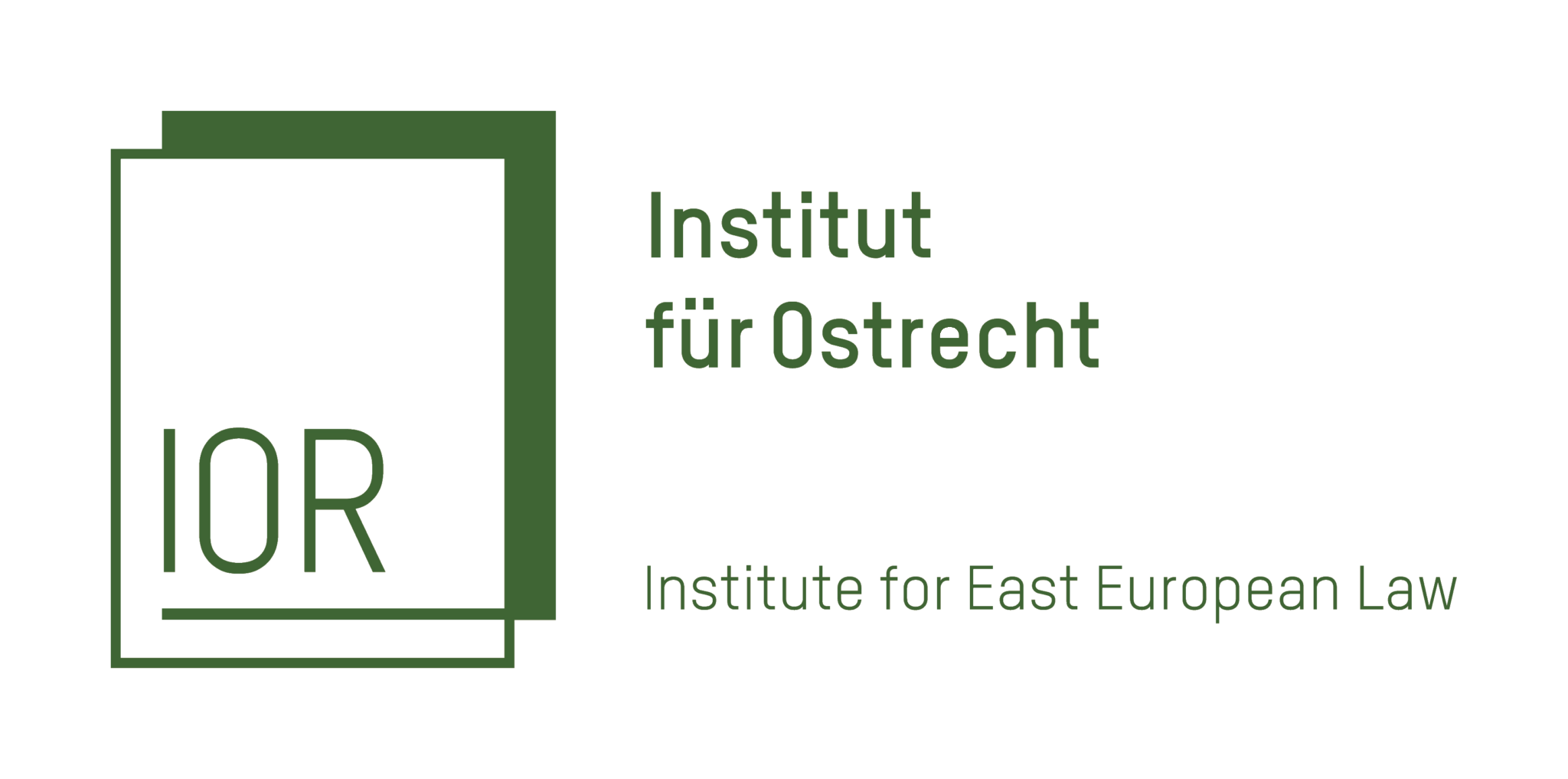Structures of Japanese and German International Legal Co-operation with Formerly Socialist Countries Compared
Visitorship of Prof. Dr. Herbert Küpper (IOR) at CALE, Nagoya University (October 9, 2010, until January 3, 2011)
topic of research
In 2009, the Centre of Asian Legal Exchange of Nagoya University (CALE) and the Institute of East European Law Munich (IOR) signed an agreement on academic co-operation. This agreement identifies international legal co-operation as one of the fields of joints interests and possible co-operation. In conformity with this agreement, the following topic of research is agreed upon between CALE and IOR:
“Structures of Japanese and German International Legal Co-operation with Formerly Socialist Countries Compared”.
In order to conduct this project, Prof. Herbert Küpper (IOR) will be guest researcher at the CALE from October 9, 2010, until January 3, 2011.
In this context, the scope of international legal co-operation includes activities by the donor country (Japan, Germany) designed to assist legal change, legal development and the re-construction of legal infrastructure and legal culture in the recipient country or countries.
Both Japan and Germany are active in multiple initiatives of legal co-operation in the formerly socialist countries of Eastern Europe, North and East Asia. As donors, both countries are in a similar position and therefore face in principle similar challenges. Nevertheless, they possess very different structures for their international legal co-operation. The German way could be described as decentralised (i.e. a large number of in principle un-coordinated agents), whereas the Japanese structures tend to be centralised (i.e. often one special agent for one special task). It may be interesting to compare the problems these different approaches produce, and the solutions that are developed to solve these problems. Here, both countries can learn from each other.
The analysis of the structures for international legal co-operation may include all relevant fields:
- Infrastructure of knowledge in the donor country on the laws of the recipient countries
- Infrastructure to spread the knowledge on the law of the donor country in the recipient countries (e.g. Centres of Japanese Law in East Asia, Schools of German Law and German-speaking Universities/University Programmes in Eastern Europe)
- Infrastructure for an academic analysis of the co-operation process (i.e.: Who monitors the donor’s activities from a scientific perspective?)
- Infrastructure of agents for the operative co-operation work (state agencies, public agencies such as JICA in Japan and IRZ and GTZ in Germany, non-governmental agencies)
- Political, financial and other co-ordination of the various activities and agents.
The IOR, its Academic Director, its Managing Director and many of its Researchers have been active in the field of legal co-operation with formerly socialist countries for decades. The IOR maintains close contacts with many of the German key players in this field. Therefore, we possess knowledge of the German side of the proposed research topic.
Furthermore, the IOR is funded by the Federal Ministry of Justice which is the key state institution on the federal level for international legal co-operation. In 2009, the Federal Ministry of Justice launched the “Bündnis für das deutsche Recht” (“Alliance for German Law”) which is to address some of the core questions of German international legal co-operation. The IOR is a member of this alliance and thus part of the network of agents in the field of international legal co-operation.
This IOR background of practical and theoretical experience in German legal co-operation with formerly socialist countries is a good starting point to conduct research on the corresponding Japanese structures and infrastructure. The CALE with its similar practical and theoretical expertise and its thorough networks within the Japanese agents is the ideal partner for this research. I am confident that this topic of research is not only in the spirit of the co-operation agreement between our institutions but may also advance a mutual understanding of our respective legal co-operation activities, thus helping both Japan and Germany to improve their own structures and to better co-operate with each other.
Munich / Regensburg / Nagoya, 2010 June 6
